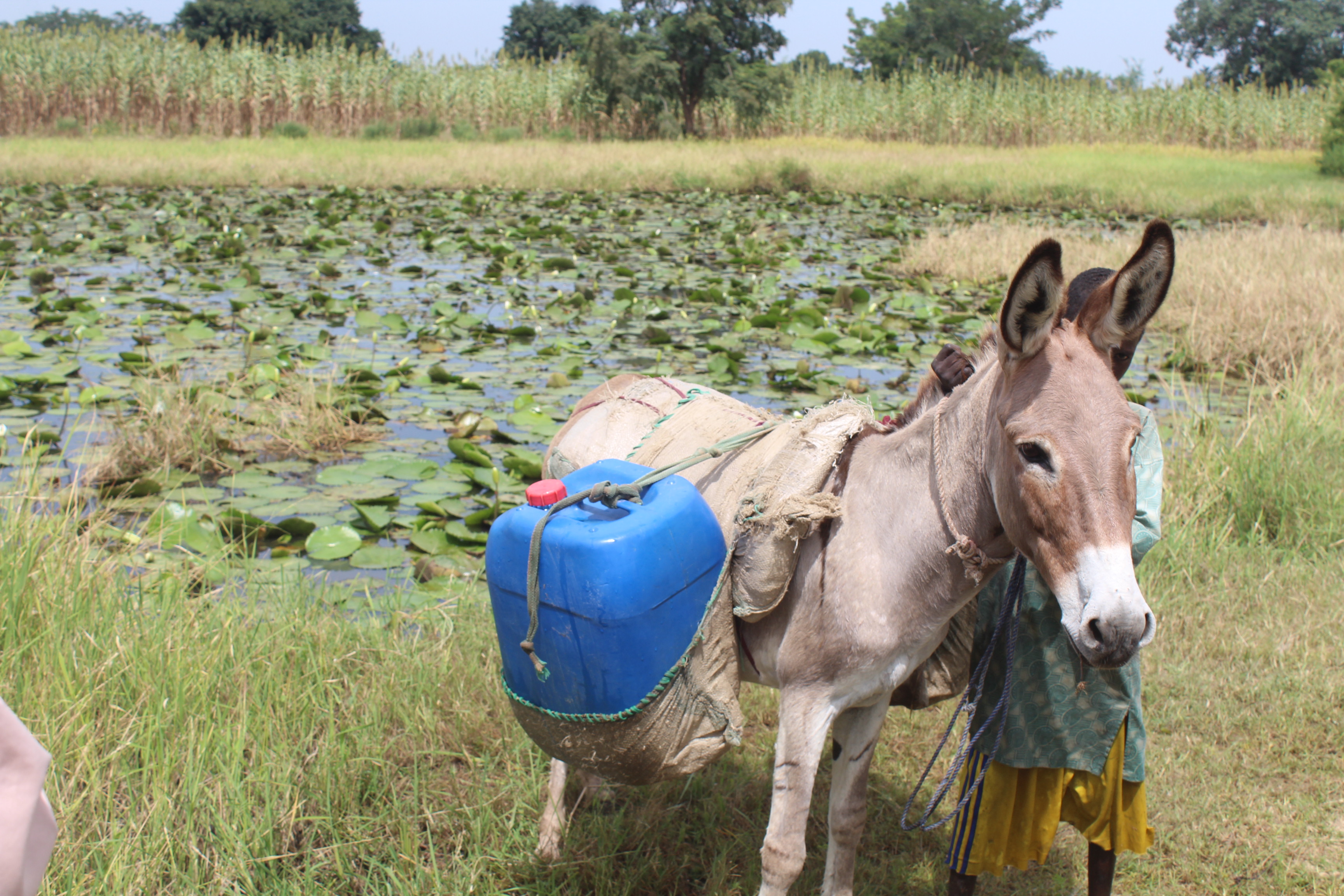As part of our vision and belief in partnering with communities and organization of like minds to deliver sustainable change, NFTI and Global Shapers on the 18th October 2018 signed an MoU to develop innovative strategies to address the issue of water scarcity in some of our most vulnerable communities while using data generated from such intervention to understudy the impact of the provision of water to everyday social issues and behavioural patterns driving decision in communities with lack of access to this necessary commodity.
One of such implementation is the Warawa Water Living Lab Project in Dakatar and Kurna communities of Warawa Local Government Area of Kano; which is geared towards providing access to clean water in community in need of water with considerable negative impact to health, education and livelihoods of the community to which this intervention seeks to achieve.
Dakata and Kurna yandaci village are small communities under Warawa local government council in Kano State, north-east of Kano. The two communities are 0.8km apart with an estimated, combined population of 7,000 people. The people are mostly small-scale seasonal farmers. Their main mode of transport are animals (Cows & Donkeys) and motorcycles with a few privileged to own a motorbike.
With the increasing effects of climate change being felt, the communities have adopted behaviours and coping strategies to deal with the effect of rainfall and drought to secure their daily need for water and sanitation. However with no existence of pipe-borne water, borehole or any systematic form of purified/clean water, it’s evident that they are struggling to meet their daily need for clean water and sanitation with clear effect on health care and education and migration.
Dakata has an estimated population of 3000 inhabitants and is 3km from Warawa town, 5km from the popular semi-urban city of Gano and 36km from Kano City. While Kurna yan daci village 0.8 km from Dakata is under Amarawa ward of Warawa local government. The village has an estimated population of 4000 inhabitants.
The people of Dakata and Kurna yan daci fetch water from nearby ponds mostly located in Dakata village during the rainy season or collect rainwater in rubber bowls. However when ponds dry up, they travel to neighbouring town called Jemagu, 2km from Dakata to fetch water from other ponds or a well using Cows, Donkeys and Motorcycles. And whenever the communities experience heavy draught, water becomes very scarce forcing people to travel 4km to gogel village to fetch water.
The project proposes a paradigm shift from the conventional water supply system to an innovative, cost effective and technologically inclined model that will provide clean water to rural communities at a minimal cost. The project will provide government and other interested organizations with high resolution data on probable link between availability of clean water to reduced incidences of diarrhea in under 5 children, cholera outbreaks and other skin infections caused by shortage of water.
The living lab is a refined solar powered borehole water integrated to use technology and sensors to collect real time data on usage. It is expected to be equipped with water meters and a carding system to track water usage from a demography and household perspective. Residents of the selected communities would be able to use their “water cards” to access clean and safe groundwater. We estimate that a 20,000 overhead liters tank would be installed at the communities to provide water for an estimated population size of 7,000.
Part of the expectations for the water lab is to showcase the relationship between the travel time to access water and child enrollment rates in school (gender focus), relationship between access to water and productivity within the household will also be explored. The proposed water lab project will observe both the quantity and pattern of usage water within the communities and also include tracking other social behavioral patterns such as migration patterns, gender flow patterns, usage (see baseline tool) per household etc. while maintaining the highest legal and moral standards as regards anonymization and privacy of identifiable data.

